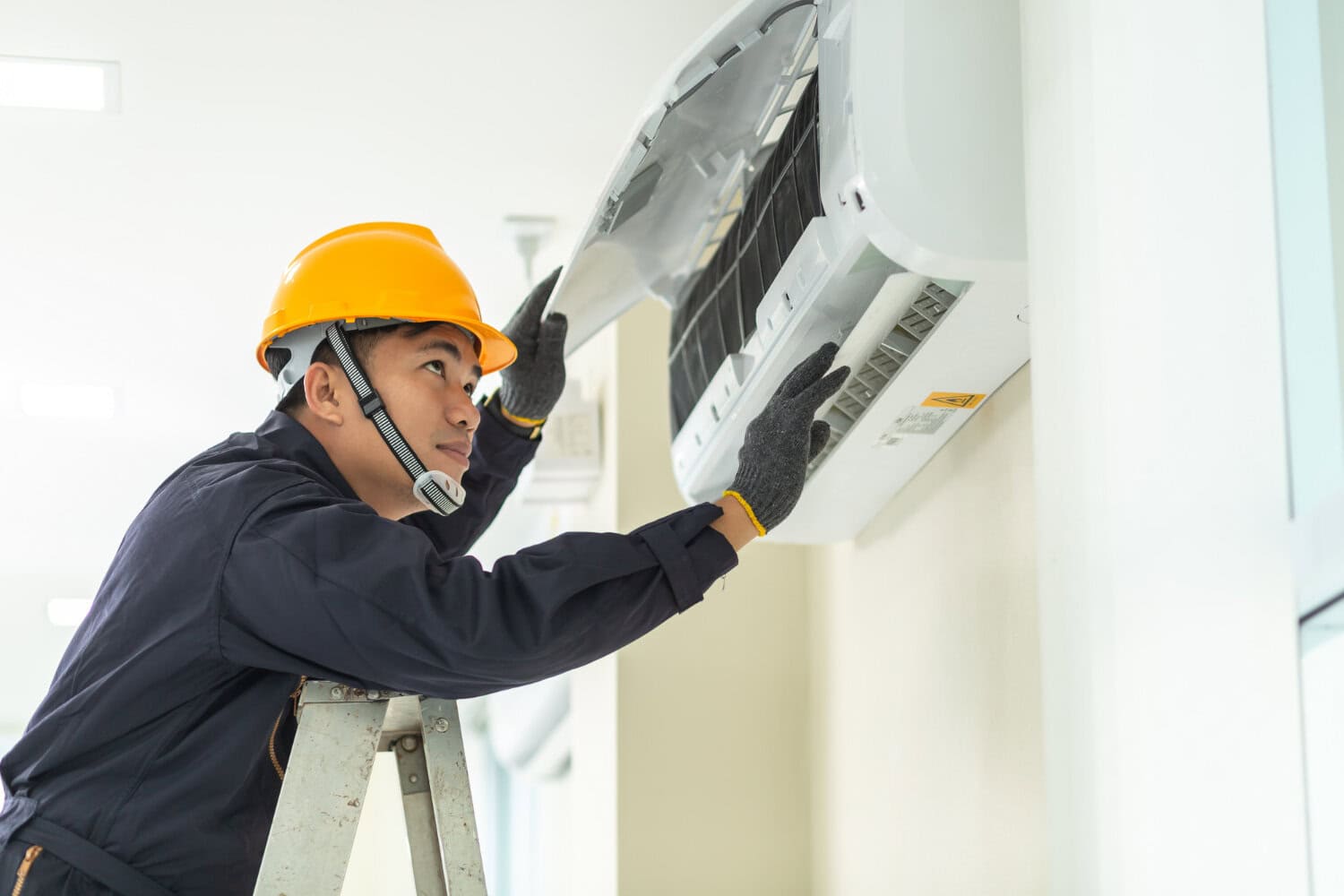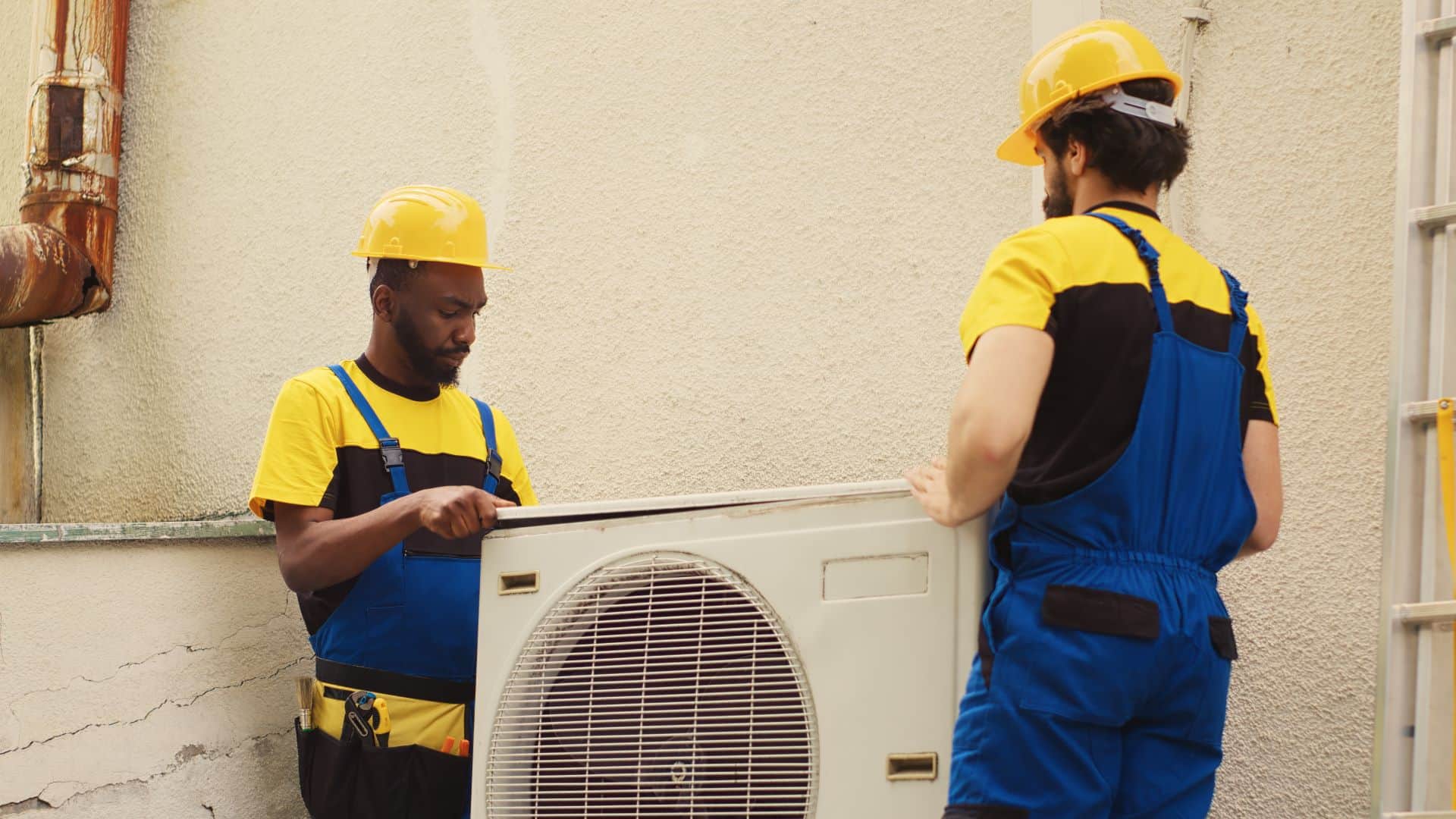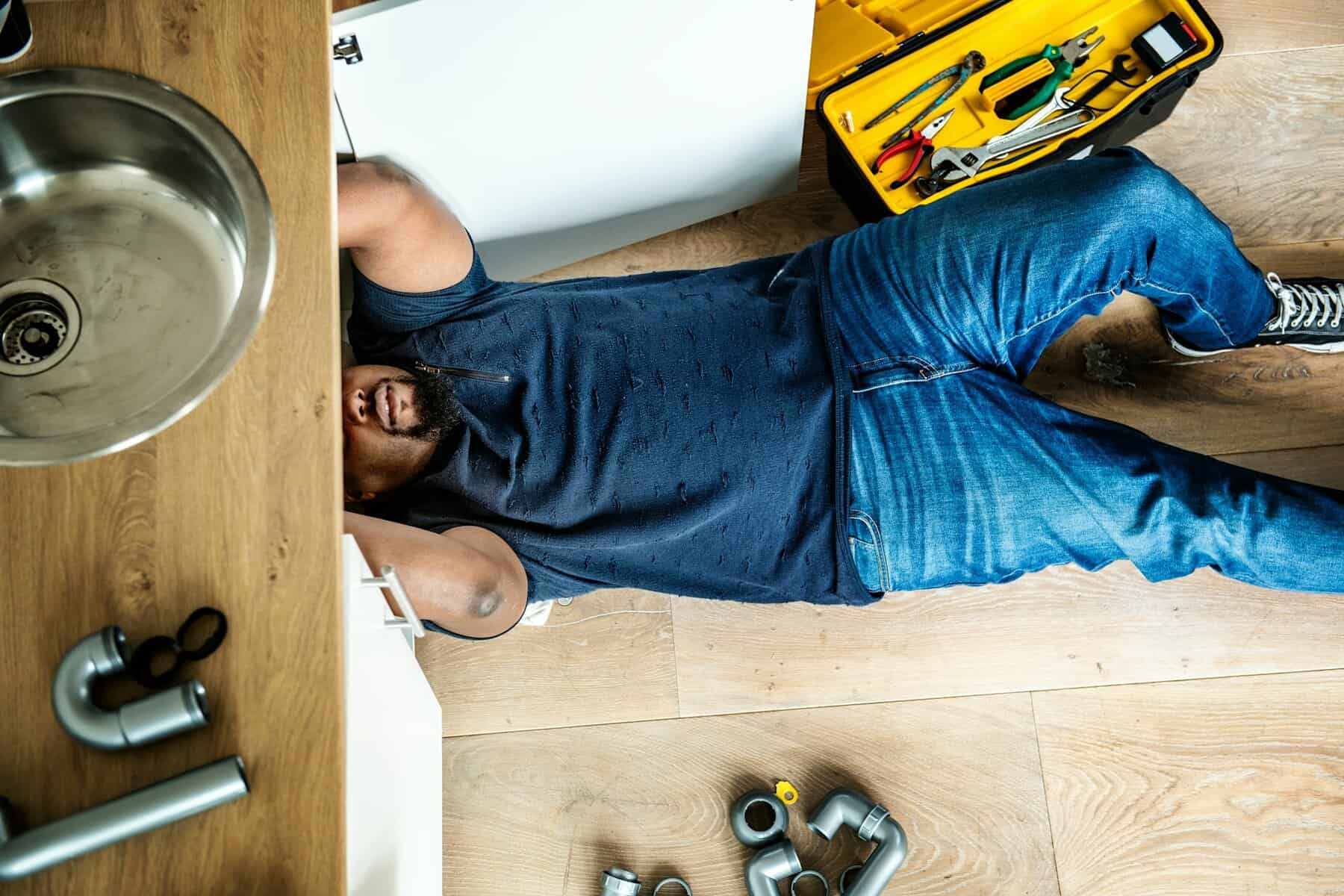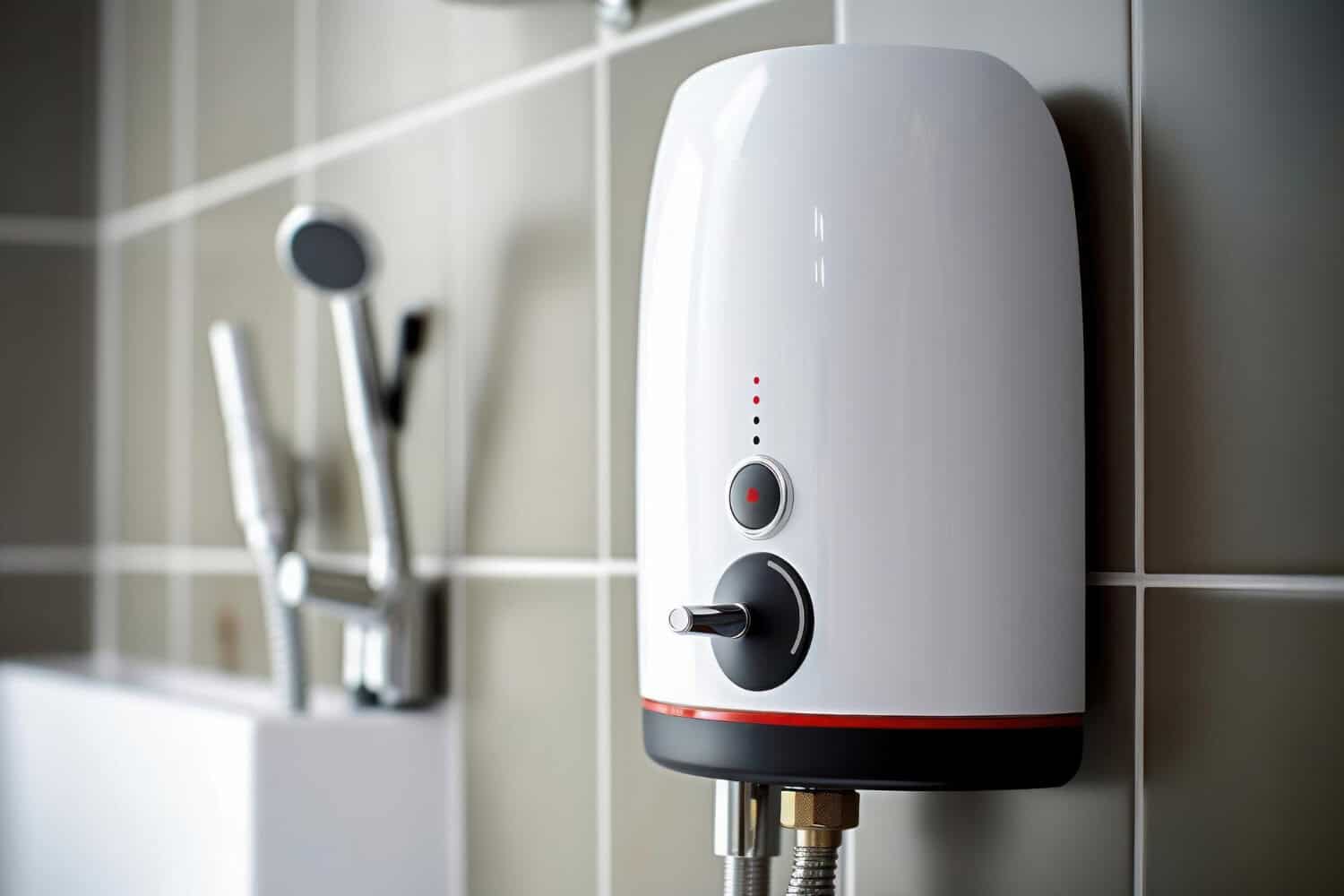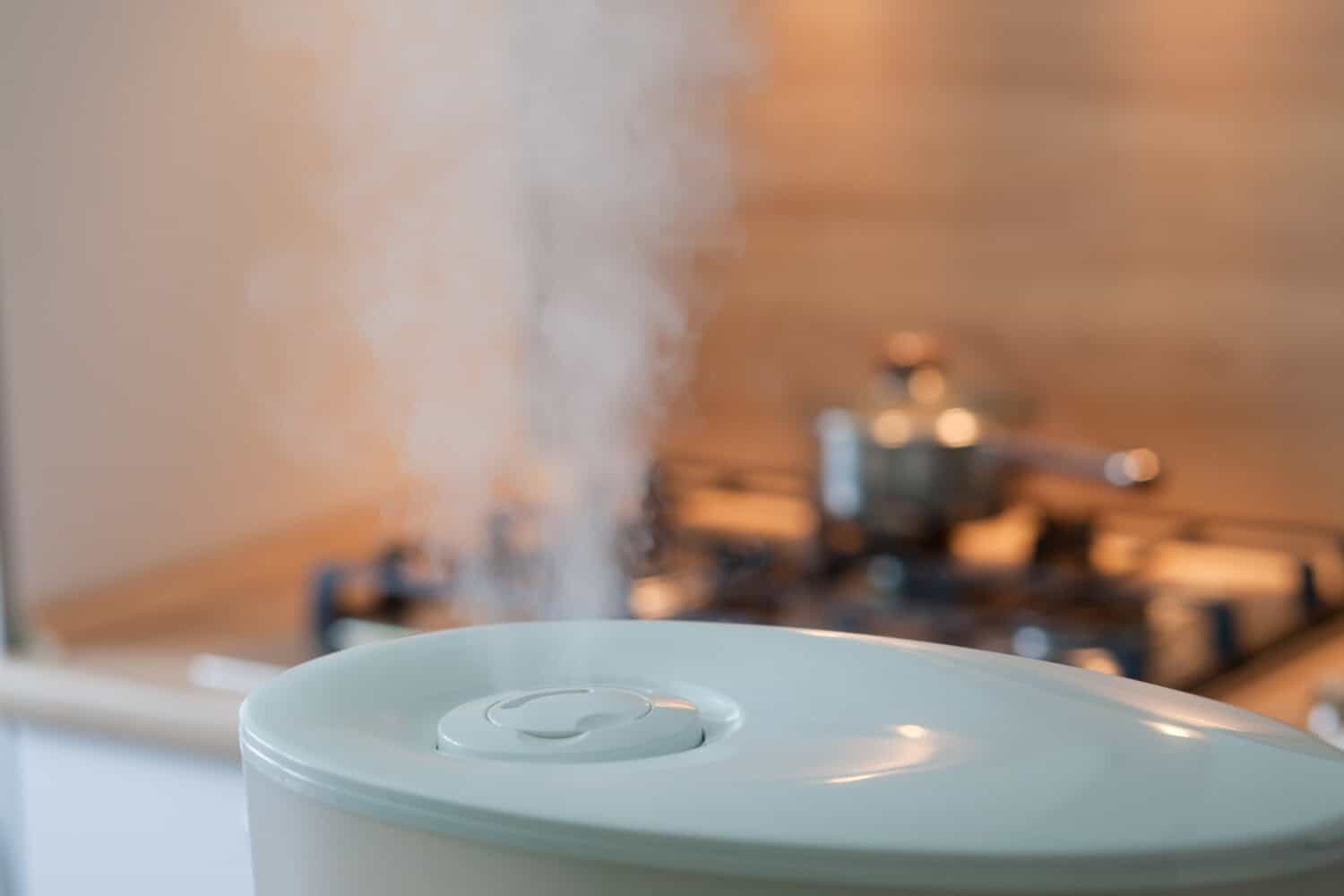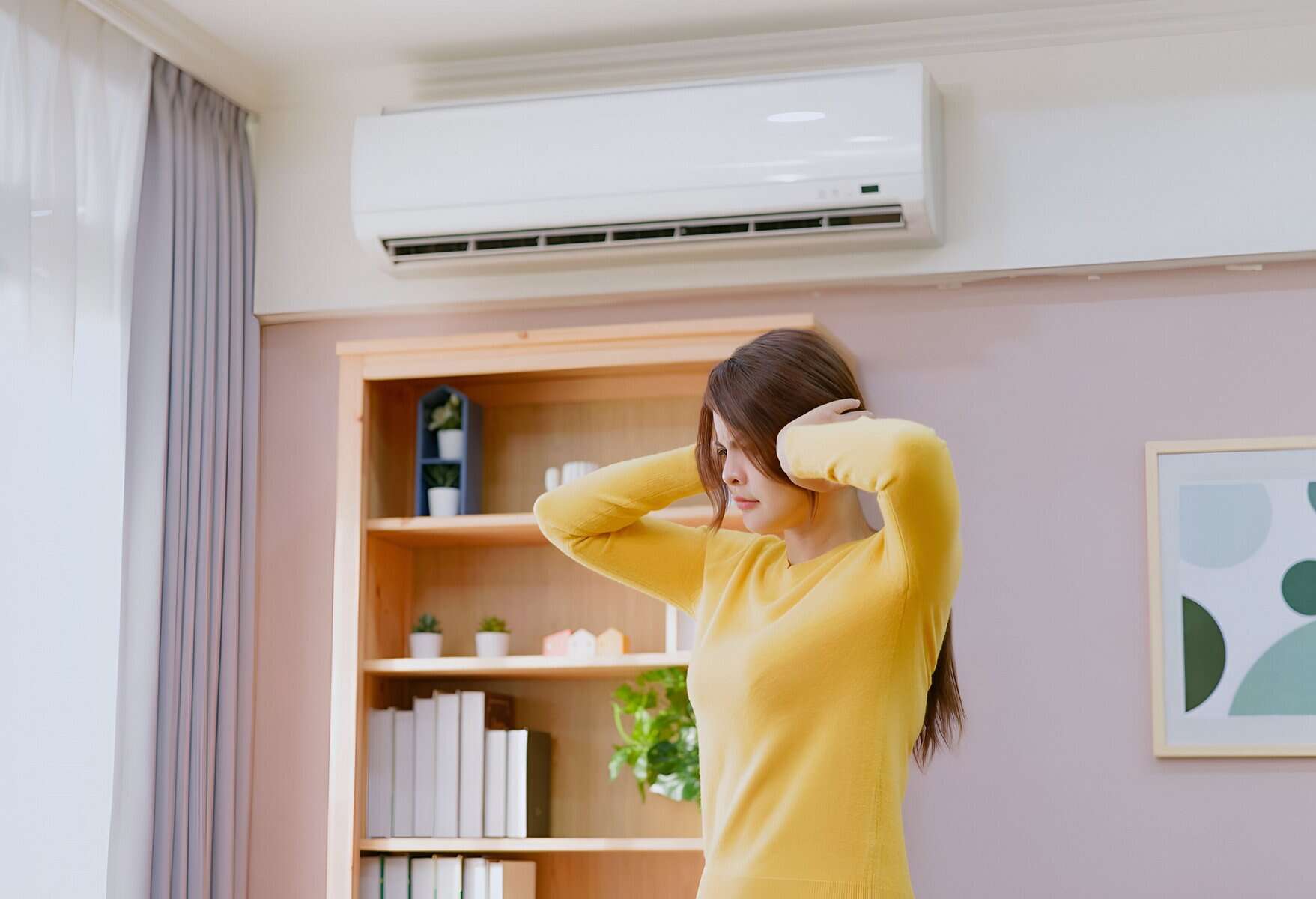Summer in Saratoga Springs, New York, brings warm temperatures that make us grateful for the comfort of a well-functioning AC system. As the days grow warmer, ensuring that your AC runs smoothly is key to maintaining a cool and pleasant home environment. Regularly taking care of your AC can help prevent sudden breakdowns and ensure that your home remains the refreshing haven it should be during those hot summer months.
Once the summer heat kicks in, the last thing anyone wants is an air conditioning failure. A little attention to your AC system before the peak of summer can save a lot of stress and discomfort. Here, we’ll explore some straightforward steps to help keep your AC performing its best.
Schedule Regular Maintenance
One of the smartest ways to keep your AC cooling system in top shape is by planning regular maintenance. Just like a car needs a routine check-up, your AC needs professional care to spot any potential issues before they become bigger problems. Getting a professional check in place before summer ensures you’re ready to face the heat without worries.
During a maintenance check, a professional will typically:
– Inspect and clean the coils and filters
– Check the refrigerant levels
– Ensure all electrical connections are safe and secure
– Lubricate moving parts to prevent wear and tear
– Calibrate the thermostat for accurate temperature control
These steps can significantly enhance your AC’s efficiency and extend its lifespan. It’s the kind of upkeep that keeps your system working smoothly, ensuring your home stays comfortable all season long.
Replace Air Filters Frequently
A clean air filter is like the lungs of your cooling system and plays a crucial role in maintaining its effectiveness. Dirty filters can hinder airflow, making the system work harder than it needs to, which can lead to higher energy bills and even a system breakdown.
– Replace air filters every 30 to 60 days during heavy use.
– Consider a monthly replacement if you have pets, allergies, or if your home is particularly dusty.
By keeping the air filters clean, you’re helping your AC run efficiently, which not only cools your home better but also lowers energy consumption, ultimately saving on utility costs. Regular filter changes are a simple task that goes a long way in maintaining a healthy AC system.
Staying proactive with these steps will keep your AC cooling system running optimally, ensuring comfort throughout the summer months.
Keep the Outdoor Unit Clean
Your air conditioner’s outdoor unit works hard to release the heat taken from inside your home and needs a clear and open space to function effectively. Debris like leaves, grass clippings, and dirt can accumulate around or even inside the unit, making it struggle to do its job. Regularly checking the area around your unit helps keep this essential component working smoothly.
To maintain a clean and efficient outdoor unit, consider these straightforward tips:
– Clear any debris around the unit, maintaining a two-foot clearance on all sides.
– Trim any overgrown vegetation that might obstruct airflow.
– Carefully clean the unit’s fins with a soft brush to prevent bending them.
– Ensure the unit sits level on its foundation to promote effective function through proper drainage.
By taking these simple steps, you ensure the outdoor unit can “breathe” properly, which lets it work at full capacity, keeping your home comfy through the hottest days.
Monitor Thermostat Settings
A thermostat is more than just a temperature gauge. It controls how and when your AC unit engages, playing a big role in your energy consumption and comfort. A programmable thermostat can make life easier by automatically adjusting the temperature according to your daily schedule, helping you save energy without sacrificing comfort.
Consider these tips for optimal thermostat use:
– Set a higher temperature when you’re away from home or sleeping to save energy.
– Program your thermostat to cool the house before you return home so it’s comfortable upon arrival.
– Avoid dramatic temperature shifts; a gradual change is easier on your system and more energy-efficient.
These simple steps help maintain a comfortable indoor environment and ensure your AC doesn’t work harder than necessary, saving energy and possibly lowering utility bills.
Ensure Proper Insulation
Insulation might not be the first thing that comes to mind when thinking about cooling, but it plays a crucial role in maintaining your home’s temperature. Quality insulation keeps hot air out and cool air in, which reduces the strain on your AC system.
To check and improve insulation, focus on:
– Identifying drafts around windows and doors and using weatherstripping to seal them.
– Checking insulation levels in attics and basements and adding more if they fall short.
– Using thick curtains or blinds to block out direct sunlight during the hottest part of the day.
Making sure your home is well-insulated helps your AC function better and doesn’t have to work as hard, keeping your electric bills in check while ensuring your home stays nice and cool.
Keeping Your Home Comfortable
Your AC system is crucial for staying comfortable when the summer heat hits Saratoga Springs. By replacing air filters regularly, keeping the outdoor unit free from debris, using your thermostat smartly, and supporting the system with good insulation, you set yourself up for a trouble-free summer. Each of these actions contributes to a system that’s efficient, effective, and ready to keep your home cozy.
Taking these steps now will let you enjoy a cool, comfortable home during the hottest summer days. Maintaining your AC means fewer worries and more enjoyment of the season, knowing that your air conditioning system is ready to support your comfort needs.
To ensure your AC system remains reliable all summer, consider reaching out to My Jockey for professional help. Their expertise can keep your AC cooling system in peak condition with thorough maintenance and care. Enjoy a cool, comfortable home without any interruptions.

